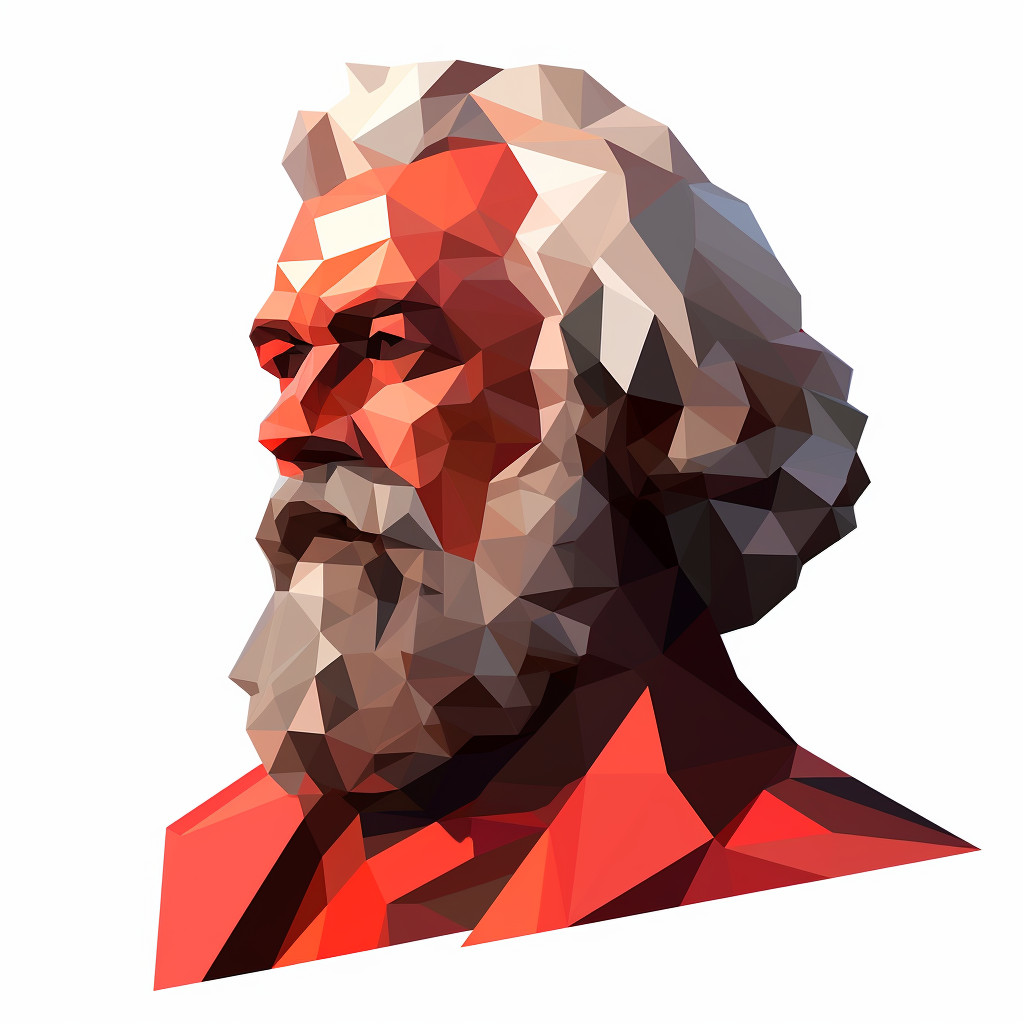This quote encapsulates Marx’s philosophy of human freedom and necessity. “Necessity is blind until it becomes conscious” implies that we often act out of need without understanding why. We may find ourselves repeating certain actions or patterns because they fulfill a basic need, yet we may not be fully aware of the underlying reasons. Once we become conscious of these needs, we can better understand our actions and motivations.
“Freedom is the consciousness of necessity” suggests that true freedom comes from understanding and acknowledging our needs. When we recognize what drives us—our necessities—we can make informed decisions that align with these needs. This consciousness allows us to act with purpose and intention, rather than being blindly driven by unexamined needs.
Applying this concept to today’s world, one might consider the necessities that drive societal behavior. For example, consumer culture is often driven by the necessity for status and material wealth. If society became more conscious of this necessity, it could lead to more informed decisions about consumption and potentially foster a more sustainable world.
In terms of personal development, this idea encourages introspection and self-awareness. By becoming conscious of our needs and motivations, we can make decisions that truly align with our values and goals, leading to a more authentic and fulfilling life. For instance, if someone realizes their workaholism stems from a necessity for approval, acknowledging this need can help them seek healthier ways to fulfill it. This consciousness, according to Marx, is the path to genuine freedom.







